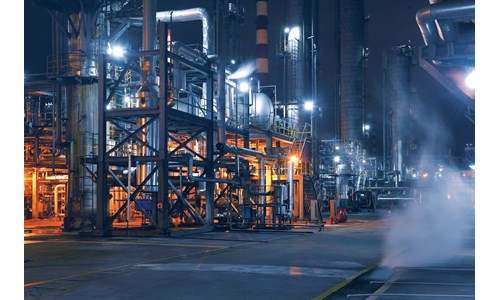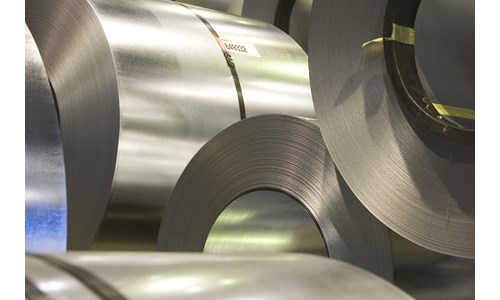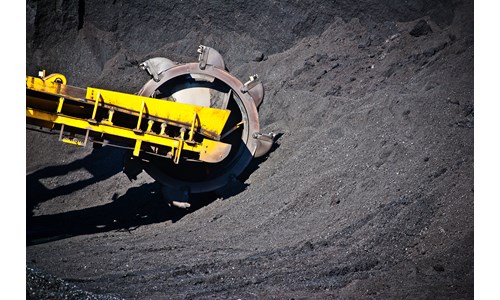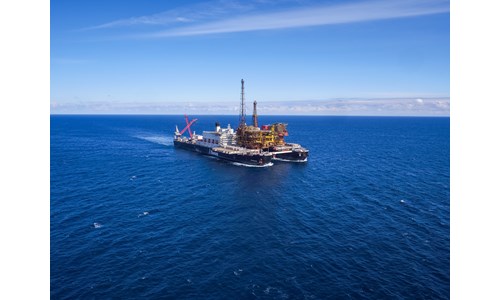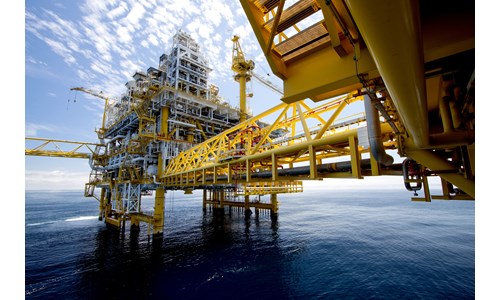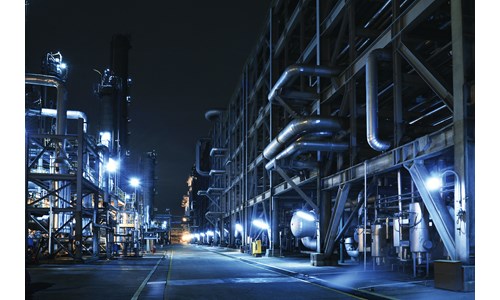Insight
Oman votes to raise LNG corporate tax rate
This report is currently unavailable
Report summary
The continued slide in oil price has placed all exporters under pressure, particularly those which need hydrocarbon revenues to balance their budgets. With small production volumes and relatively expensive to extract oil, Oman is struggling to close a budget deficit forecast to be 13% of GDP in 2016. As one of the measures to minimise the economic impact of lower revenues on the local population, Oman will raise the corporate tax rate. If approved by the cabinet, the rate levied on LNG producers will rise from 15% to 55% - the same rate as that applied to production sharing contracts. This puts the Omani corporate tax rate for LNG producers in line with other countries in the Middle East. In recent years Oman has been perceived as a fiscally stable regime. However, it is the first country in the Middle East to raise taxes in response to the low oil price.
Table of contents
- Executive summary
- LNG assets affected by the tax increase
- Corporate taxation in Oman
- Impact of tax increase
- Fiscal stability illusion
Tables and charts
This report includes 6 images and tables including:
- Oman LNG assets
- Corporate LNG income tax rates in the Middle East* Remaining PV of Oman LNG assets
- Oman votes to raise LNG corporate tax rate: Image 2
- Oman votes to raise LNG corporate tax rate: Image 3
- Increase in annual government revenues
- Remaining value split
What's included
This report contains:
Other reports you may be interested in
Asset Report
Lavaca Bay LNG Export
In September 2015, Excelerate announced that it would no longer be pursuing development of the Lavaca Bay floating LNG (FLNG) export ...
$2,250
Country Report
Sudan upstream fiscal summary
Detailed analysis of the fiscal system applicable to new licences.
$1,650
Insight
Global upstream fiscal tracker: follow the key discussions in the upstream sector
Global upstream fiscal discussions tracker provides the Wood Mackenzie view on the key fiscal discussions as they unfold.
$1,350